“We have to do something, Mom.”
She replied, “You’re right. We do.”
The first time Debra Matityahu, MD, a Kaiser Permanente Northern California ob-gyn, visited Kenya 12 years ago, it was an experience that forever changed her life.
She is the founder of Beyond Fistula, a nonprofit dedicated to helping women who have suffered from fistula, a condition caused by complicated, prolonged childbirth that results in the uncontrollable leakage of urine and sometimes feces.
“I never anticipated starting a nonprofit,” Dr. Matityahu said. “I wasn’t ever really an activist or someone who spoke up for other people, but hearing these women’s stories, I realized I could be and needed to be a voice for them.”
Dr. Matityahu first visited the Eastern African country during a 10-month medical fellowship journey where she volunteered at hospitals and universities in several foreign countries with her husband, an orthopedic surgeon at the University of California, San Francisco. Her 10-year-old child, Arielle, and 8-year-old son, Jake, also tagged along.
The mom of 2 was connected to world-renowned surgeon Hillary Mabeya, who runs the Gynocare Fistula Center and conducts fistula repair surgery on nearly 600 women a year.
“We started talking to the women at the center and their stories were the most tragic, horrific stories I had ever heard,” Dr. Matityahu said.
Ostracized, poverty-stricken, and in need of hope
Nearly all the women who suffer from this devastating medical condition live in severe poverty in remote villages with no plumbing, electricity, and limited access to food. Many became pregnant because of rape or forced marriage. Due to becoming pregnant young and being small-statured from malnutrition, they are at higher risk for complicated childbirth.
Without a way to get to the hospital or afford health care, the women are left having their babies with no medical assistance.
Pushing for days at a time results in a stillbirth and creates a hole, or fistula, between the bladder and the wall of the vagina and/or the rectum, leaving them with the inability to control their urine or feces.
“I wasn’t ever really an activist or someone who spoke up for other people, but hearing these women’s stories, I realized I could be and needed to be a voice for them.”
“Because of misinformation, the communities there think that what is happening to the women is witchcraft and that they are cursed. They are completely ostracized from any support they once had,” Dr. Matityahu said.
Talking to the women at the center about what was next for them after undergoing surgery, Dr. Matityahu said that nearly all wanted to go back to school and be able to financially support themselves.
Dr. Matityahu’s oldest child asked, “Mom, what would it take to get these girls back in school?”
The Redwood City physician discovered that it was just about $25 for books, uniforms, and tuition.
Beyond Fistula
When Dr. Matityahu and her family returned home, they began work on founding Beyond Fistula. The nonprofit helps women reintegrate into society after fistula surgery.
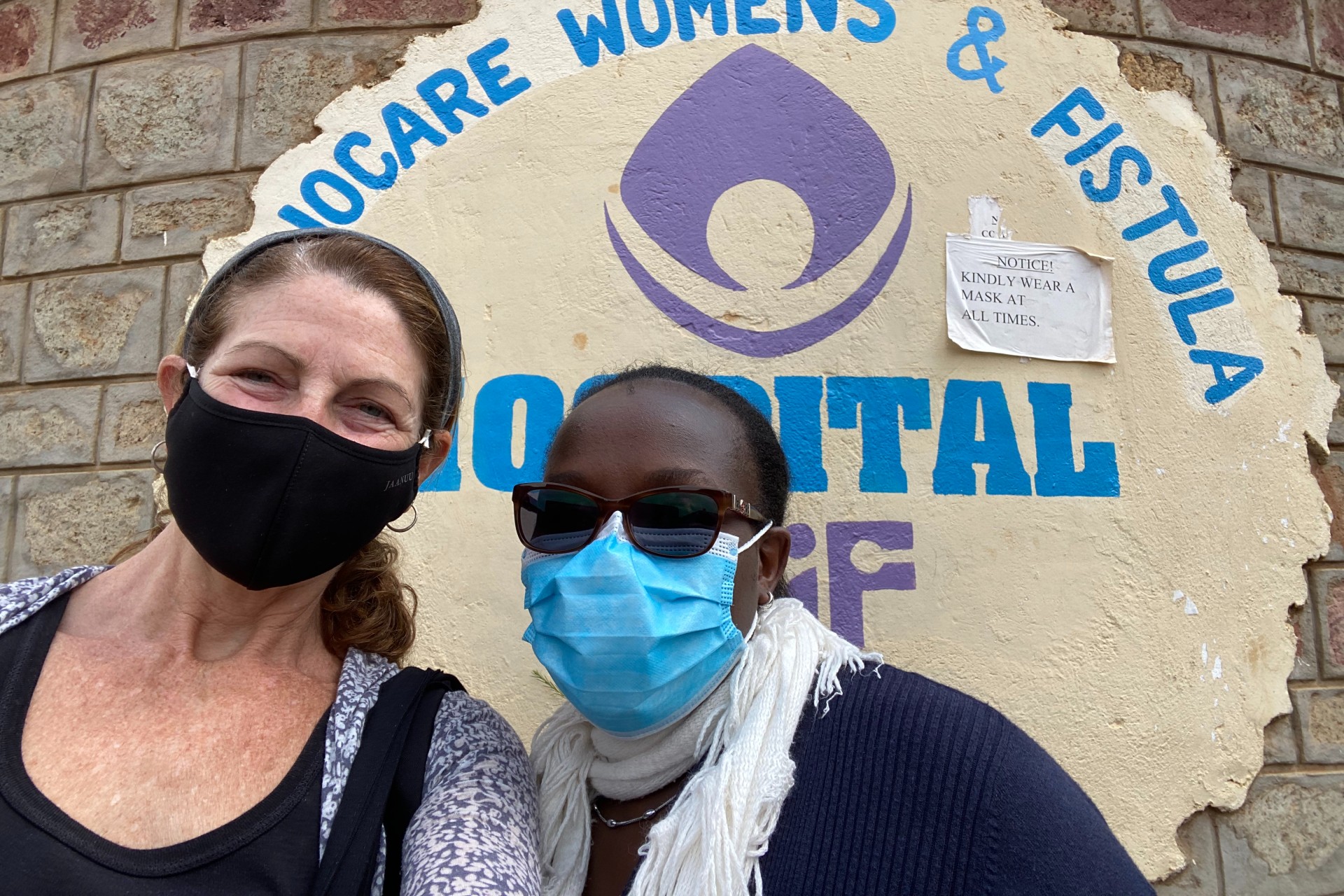
The 10-year-old organization employs Kenyans to facilitate the girls’ attendance in school while living in provided housing. A year-and-a-half vocational training in catering, farming, or tailoring is also available, along with business education seminars and business grants.
Since its inception, Beyond Fistula has seen 60 women complete vocational training, 220 attend business or farm skills training and receive business grants, and 33 be supported in primary and secondary schools.
Dr. Matityahu has been to Kenya every year since 2010, except for last year due to the COVID-19 pandemic. She plans to return next summer. For her efforts, Dr. Matityahu was awarded the national David Lawrence Community Service Award from Kaiser Permanente in 2018.
“We can’t forget the power we have to change people’s lives,” she said. “Whether it’s helping women in Kenya or just the person on the street. We can all make a difference.”
Visit beyondfistula.org to learn more.
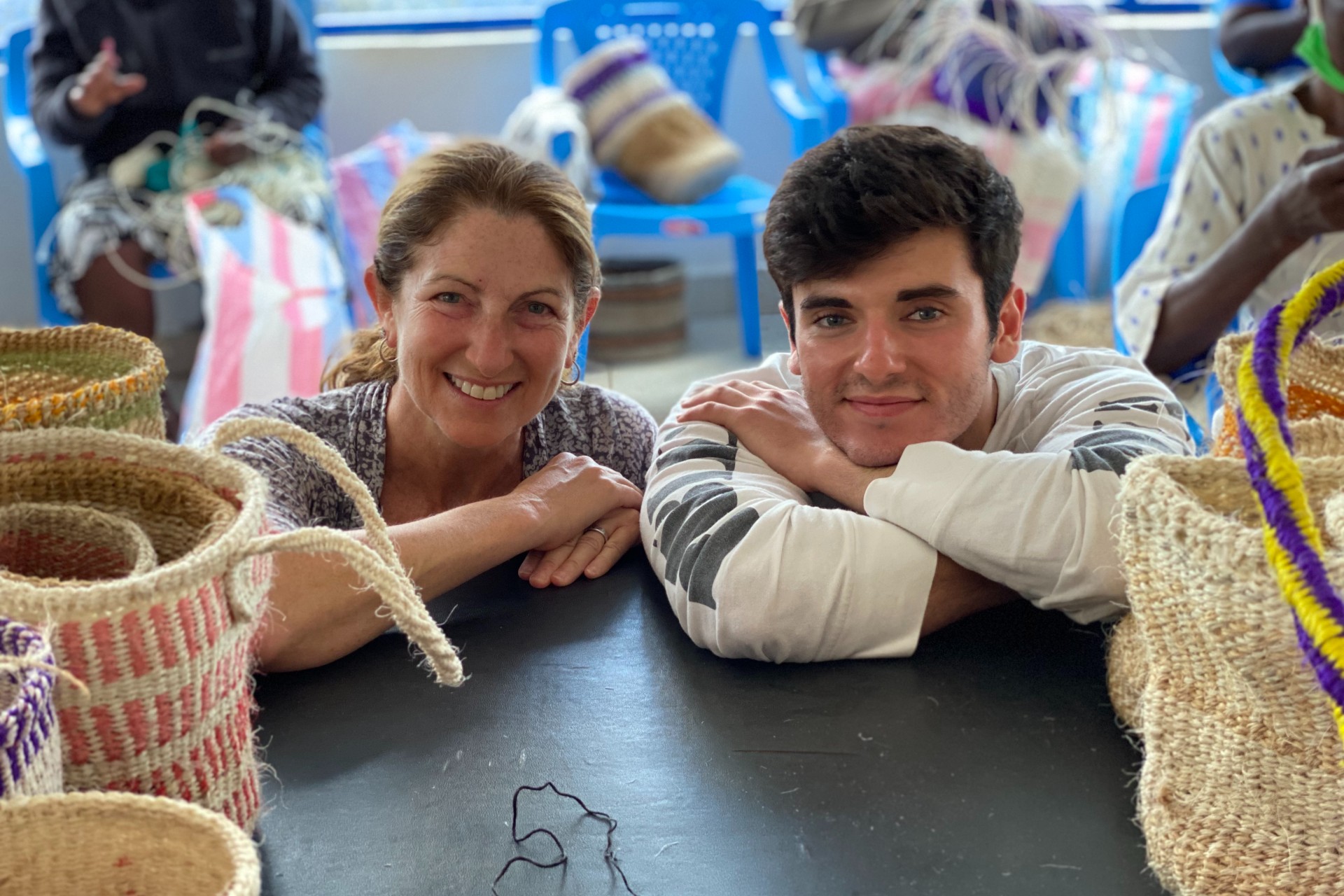
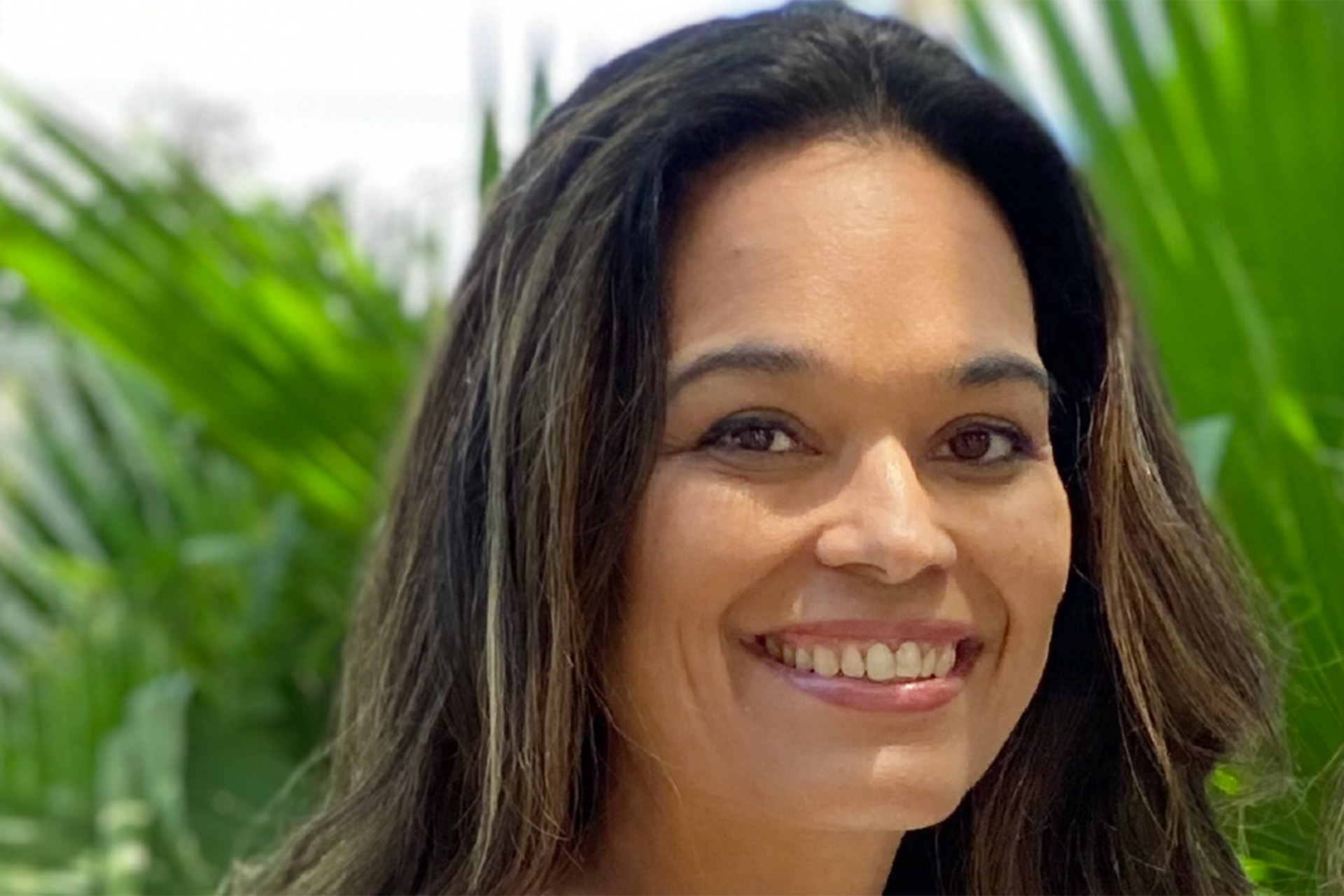
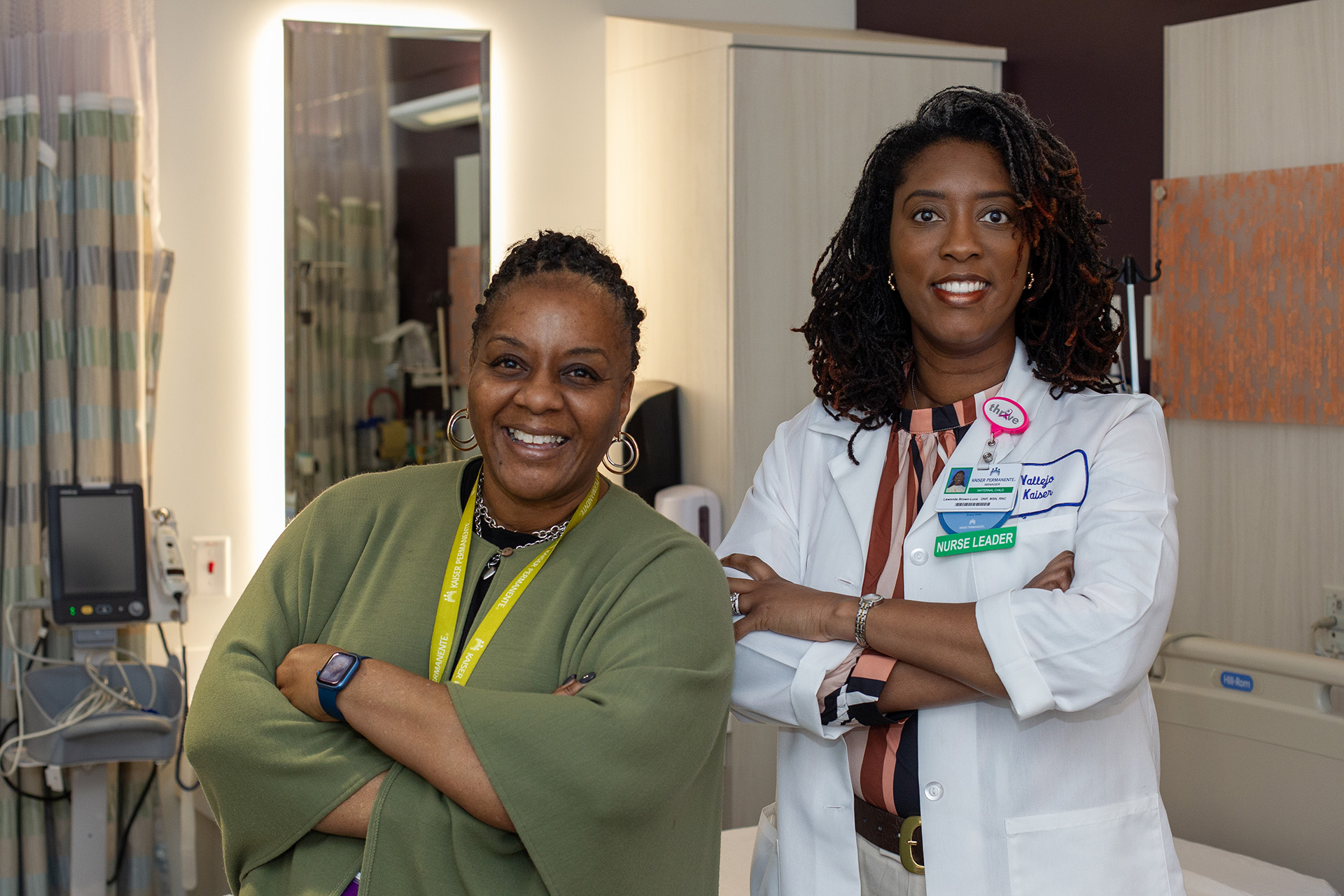
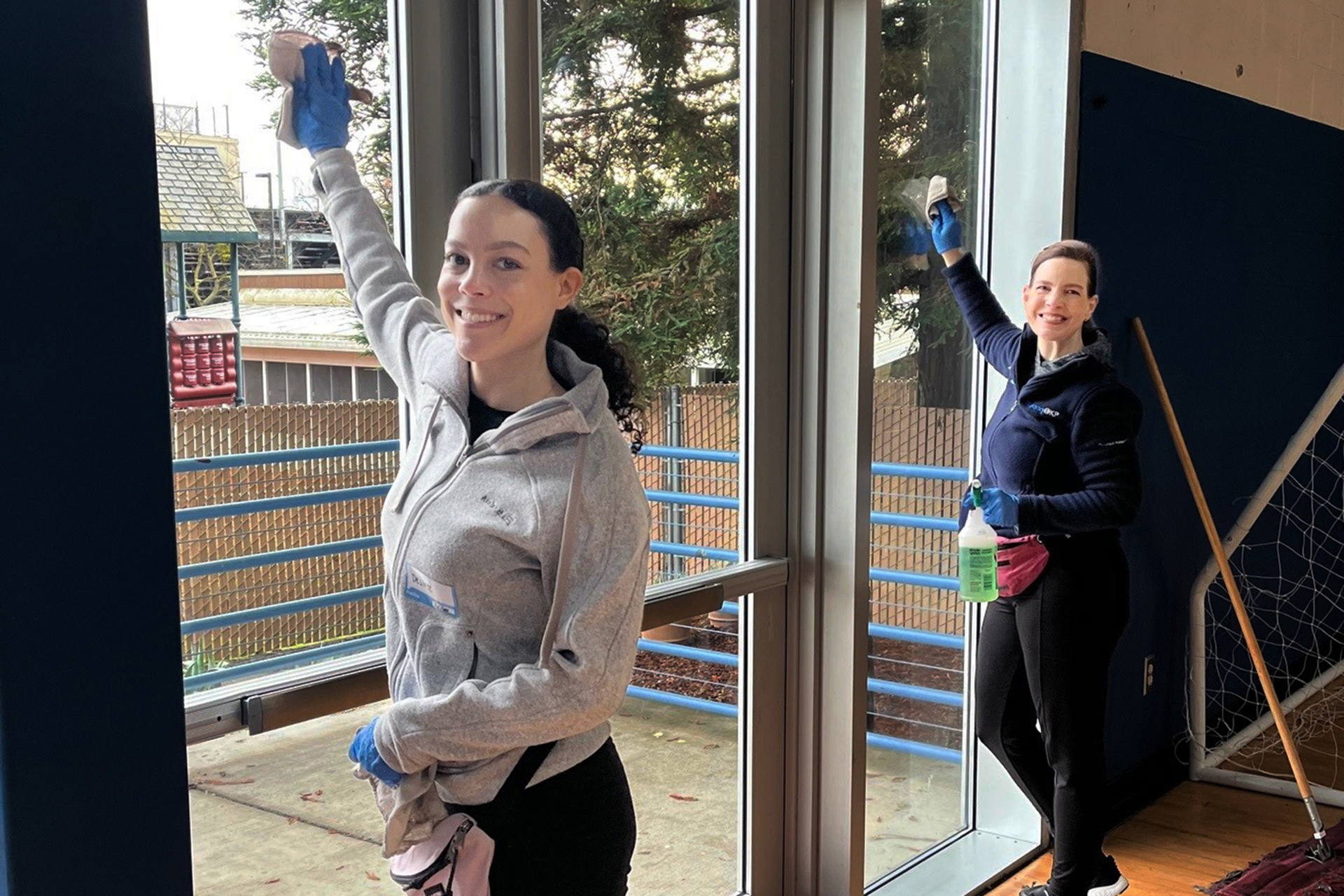
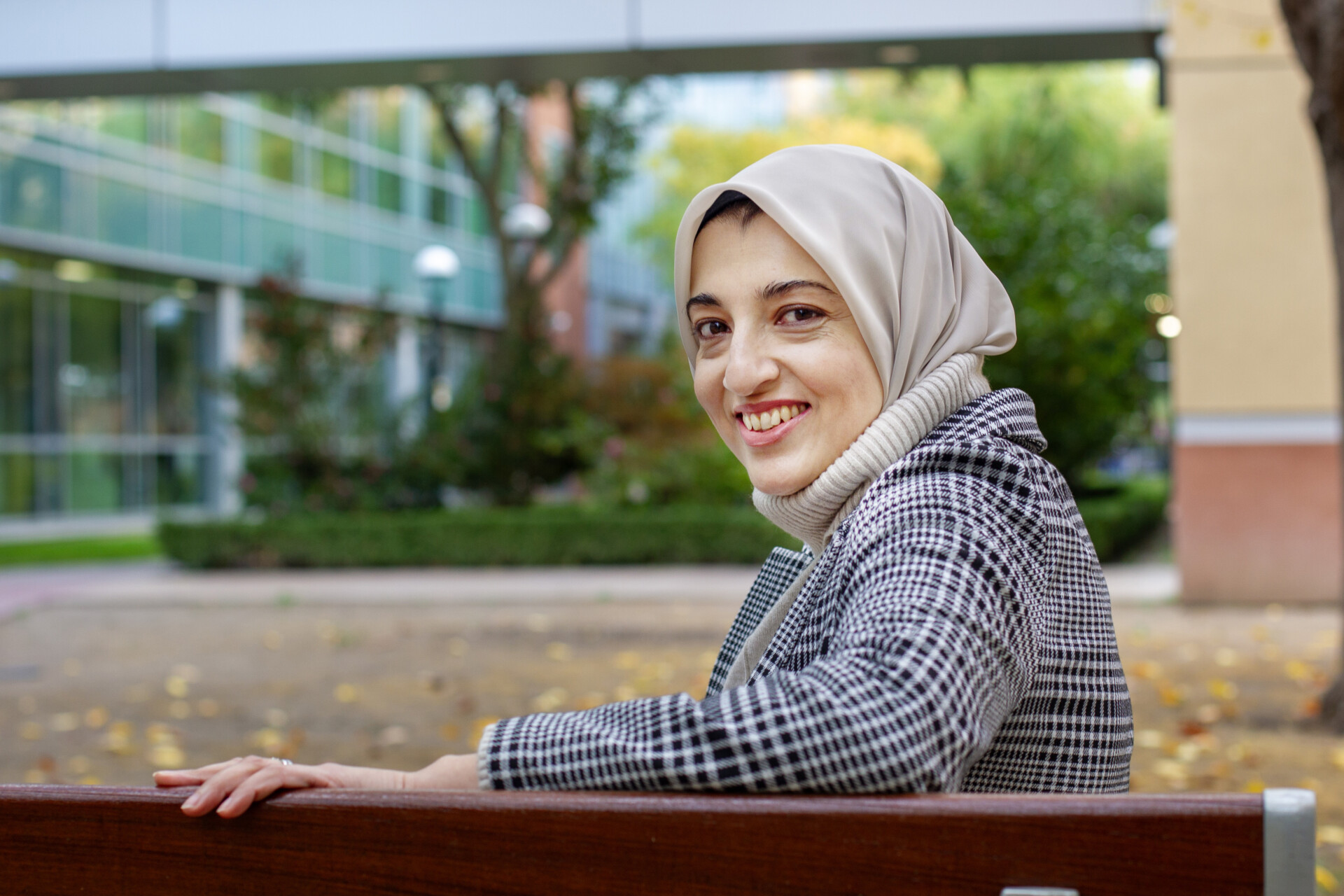
This Post Has One Comment
Dr. Matityahu is amazing. Her work with the Kenyan women after their fistula repairs is giving them new life. They have learned sewing, farming, basket-making, and the ability to earn a living. I’d say Dr. Matityahu has improved the health of the far communities she serves.